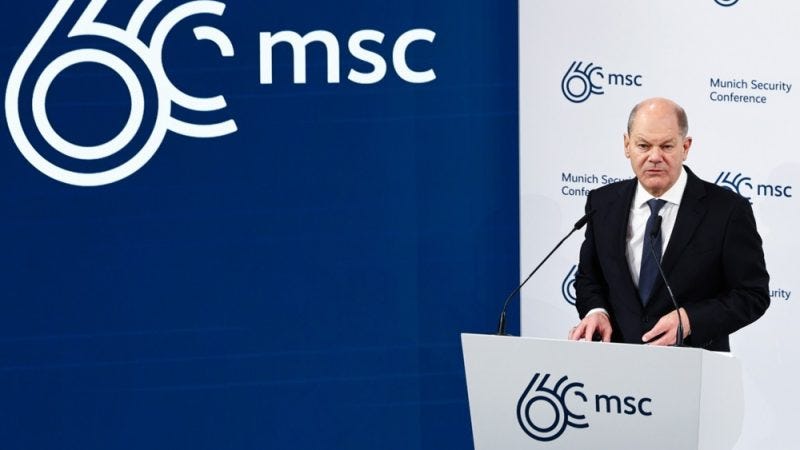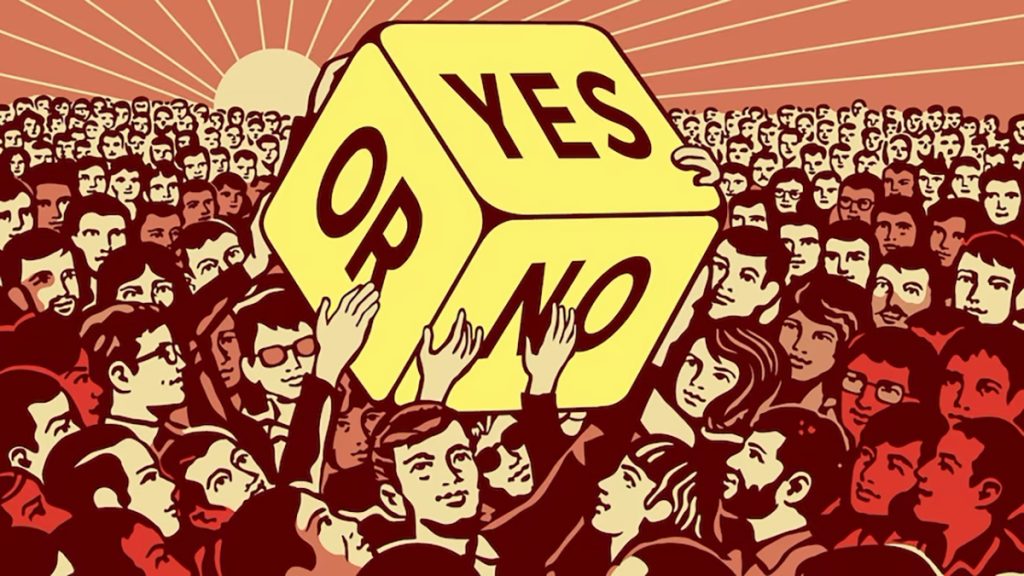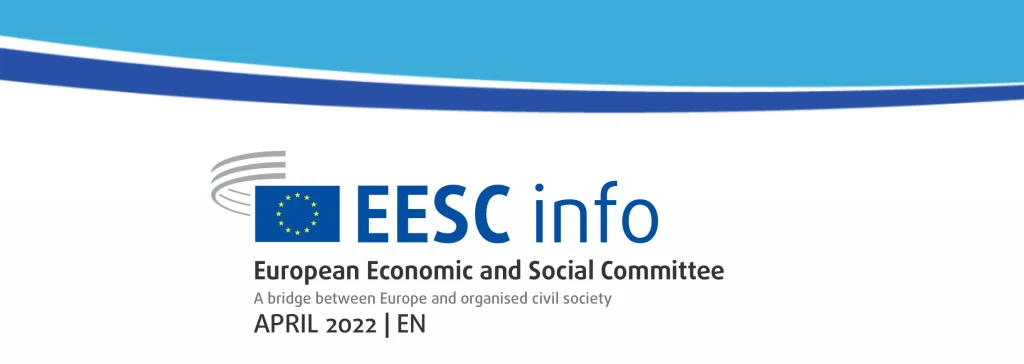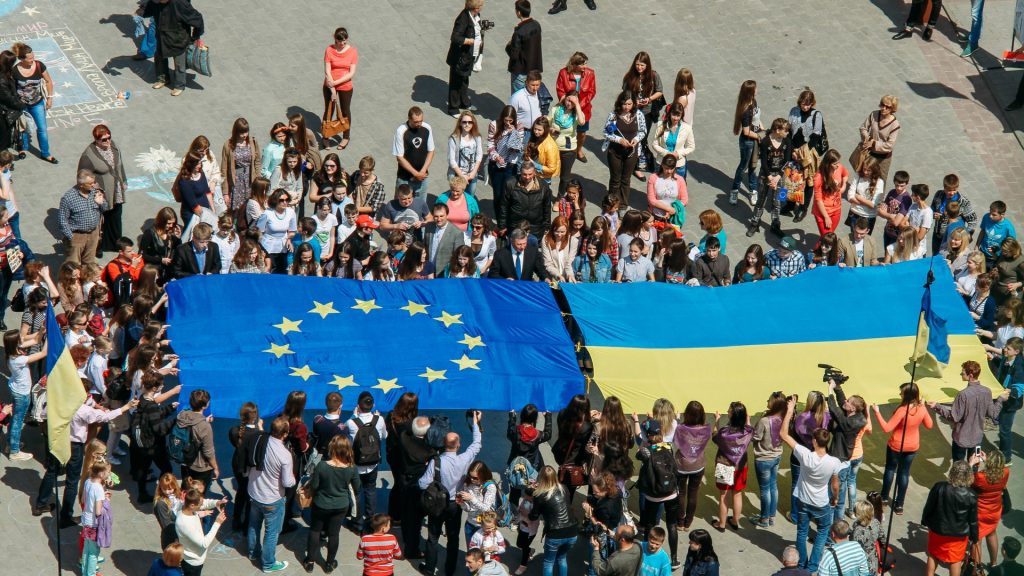Beyond the logistical and leadership challenges lies a deeper concern that has reshaped Germany’s perspective: the genuine fear of a Russian attack on a NATO country.

In international relations and security, Germany’s position regarding its support for Ukraine has undergone significant evolution. At the heart of this change is German Chancellor Olaf Scholz, whose initial hesitance in providing Western-style tanks to Ukraine highlighted the fear and delicate balance of not provoking Russia further. However, recent developments suggest a marked shift in Germany’s stance, reflecting broader implications for European security and the geopolitical order.
From Hesitation to Leadership
Just over a year ago, the international community witnessed Chancellor Scholz’s cautious approach to military aid for Ukraine, embodying the broader European apprehension about escalating tensions with Russia. This caution was emblematic of a Europe striving to maintain peace without yielding ground to Russian aggression. However, the narrative has shifted, with Scholz now critiquing other European Union allies for their lack of sufficient action and taking definitive steps to support Ukraine more robustly.
The Catalyst for Change
Several factors have contributed to this strategic pivot. Notably, the United States, traditionally a leader in providing aid to Ukraine, has temporarily diminished its role, with new aid packages stalling in Congress since December. This leadership vacuum necessitated a new frontrunner, positioning Germany as a prime candidate with its robust economy and significant contributions to Ukraine.
Germany’s Dual Role: Leadership and Liability
For Chancellor Scholz, this situation presents both an opportunity and a challenge. On the one hand, it allows him to assert Germany’s leadership on the European stage, demonstrating strong support for Ukraine amid Russian aggression. Conversely, it requires delicate navigation of domestic and international politics, balancing Germany’s increased financial commitments against a domestic preference for peace and fiscal conservatism.

Motivating Factors Behind Germany’s Shift
Beyond the logistical and leadership challenges lies a more profound concern that has reshaped Germany’s perspective: the genuine fear of a Russian attack on a NATO country. Reports from Bild indicate that Germany’s serious consideration of this possibility marks a turning point, recognizing that such an attack would directly involve Germany in a conflict, necessitating immediate and decisive action.
Chancellor Scholz’s recent commentary in The Wall Street Journal underscores the stakes involved, articulating that a Russian victory in Ukraine would not only dismantle Ukraine’s democracy but would also “fundamentally change the face of Europe.” This assertion reflects a broader realization of the existential threat posed by Russian aggression, not just to Ukraine but to the democratic and security architecture of Europe as a whole.
Looking Ahead: Germany’s Strategic Positioning
As Germany steps up to fill the leadership void left by the United States, its actions signify a pivotal moment in European security dynamics. Chancellor Scholz’s efforts to galvanize support within Congress for aid to Ukraine and his proactive stance in international diplomacy highlight Germany’s crucial role in the collective defense of European values and territorial integrity.
The Munich Security Conference serves as an apt platform for discussing these shifts, emphasizing the importance of unity and decisive action in the face of threats to European stability. Germany’s evolving role under Chancellor Scholz’s leadership signals a commitment to defending democratic principles and ensuring peace in the region, even as it navigates the complexities of international relations and domestic politics.
Germany’s strategic shift in supporting Ukraine reflects a broader transformation within European security dynamics. As Chancellor Scholz leads this charge, the implications for Europe’s collective defense and democratic values are profound, marking a new chapter in the continent’s response to global challenges and aggression.
Authors: Marta Barandiy, Max Stepanov




